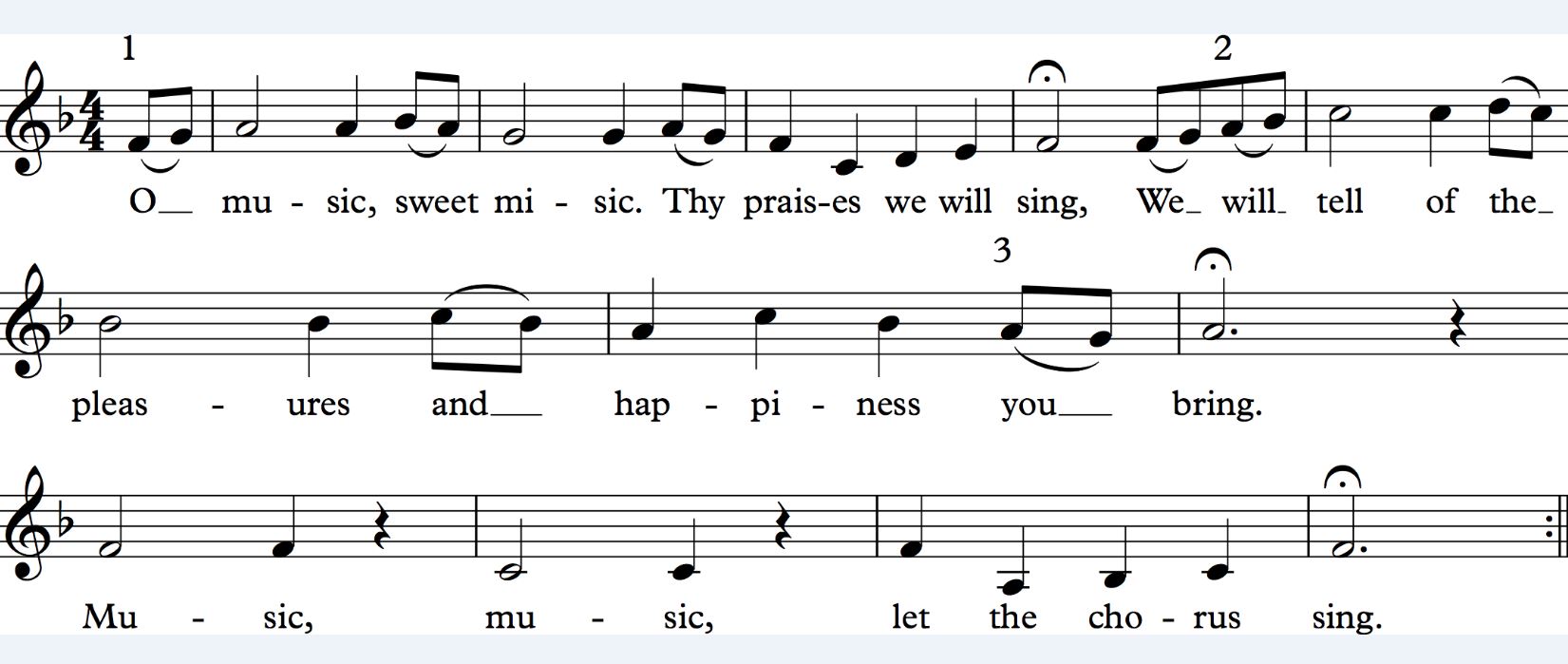Application and admission
Application and admissionAre you a singer or instrumentalist who thinks theatrically or, on the contrary, a theatre maker who is very musical? Do you have good ears, feeling for theatre and the potential to become a creator? Do you like combining several art disciplines and hate being artistically restrained? Then Music Theatre at ArtEZ is the perfect study for you.
Audition dates
The admission auditions for Music Theatre will take place from 27 March to 2 April 2026.
The first and second rounds will be held on one of the following dates: Friday 27 March, Saturday 28 March and Monday 30 March.
The third round (including the theory test) will take place over three days: Tuesday 31 March, Wednesday 1 April and Thursday 2 April.
The application deadline is 1 March 2026.
Preparing for audition
Music Theatre admission requirements
To be eligible to be admitted to this bachelor you must meet the following critera:
- have a VWO (pre-university education), HAVO (senior general secondary education), MBO (level 4) (senior secondary vocational education and training) or foreign equivalent level of education;
- meet the language requirements for an Dutch-language bachelor's course;
- have passed the entrance examination.
Entrance examination
Prior to the audition you hand in a presentation folder. Read below when the submission deadline is, and what the presentation folder should contain.
The entrance audition for the Bachelor of Music Theater programme consists of three rounds, spread over several days. Each round consists of one or more work sessions. You will work in groups of varying composition. Take a good look at what is expected of you and what you need to prepare for each part. You can read this in the corresponding paragraphs below.
The auditions will take place at the ArtEZ Conservatory in Arnhem.
Assessment
The audition committee consists of a chairperson and experts from the various disciplines. During the assessment, the committee pays attention to your creativity, originality, development opportunities and craft skills.
Music Theory admission requirements
Music theory is part of musical theatre. For music theory, we place the emphasis not on what you know, but on your skills. How do you use your musical knowledge?
Of course you need the basics when you start your course. That means you need to be familiar with music notation and have a decent ear.
Did you know ArtEZ offers a crash course in music theory? Click here to learn more.
Speech and voice test
At Music Theatre we pay a great deal of attention to speaking and making music in a healthy manner. Once you have been admitted to the course, you will do a speech and voice test at the ENT Society of the Rijnstate Hospital and the Loes Selten voice and throat institute, so that we know whether you have a healthy voice at the start of the study. This also applies to music theatre students with an instrumental major. The examination will take place at Rijnstate Hospital in Arnhem shortly after the last round of audits.
The costs of the speech and voice test are payable by you. Some health insurance companies reimburse these costs.

